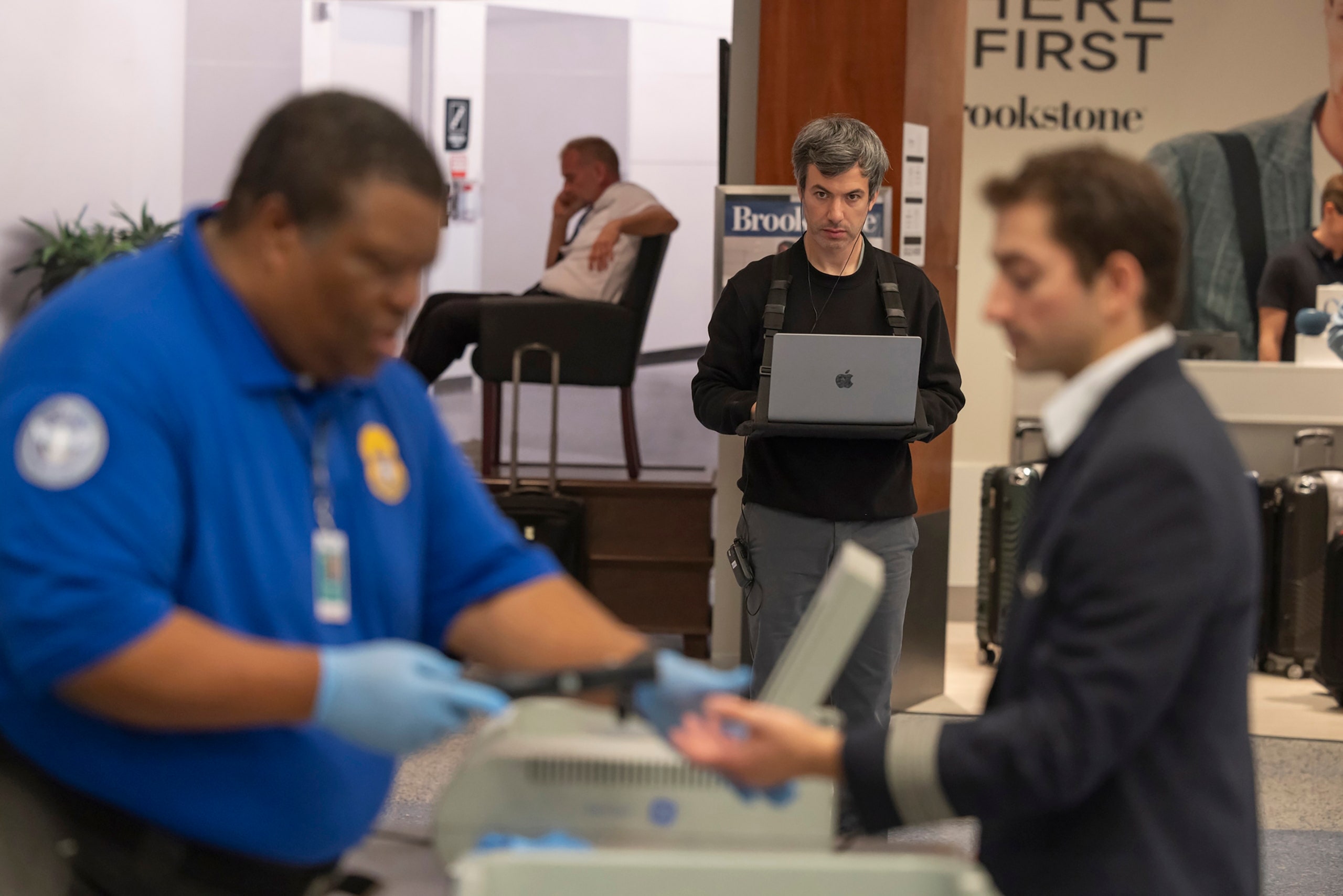How Sully Sullenberger Became an Aviation Legend: A Deep Dive Into His Lasting Impact

Few names in modern aviation are as recognizable as Sully Sullenberger. As the pilot of US Airways Flight 1549, Captain Chesley "Sully" Sullenberger made split-second decisions under pressure, ultimately guiding a damaged aircraft to a safe landing on the Hudson River. His heroism not only saved 155 lives but also made "Sully Sullenberger" synonymous with calm, skilled leadership.
The Miracle on the Hudson: A Defining Moment
On January 15, 2009, Flight 1549 struck a flock of geese shortly after takeoff from New York's LaGuardia Airport. Both engines lost power, leaving Sullenberger and his co-pilot, Jeff Skiles, with only moments to act. Rather than attempting to return to the airport, Sully assessed his options and decided the safest course was an emergency water landing on the Hudson River.
Against daunting odds, Sullenberger executed the landing flawlessly. All 155 passengers and crew survived. Investigations later affirmed his decision-making and flying skills, cementing his status as a modern aviation legend.
Pop Culture’s Fascination With Sully Sullenberger
The story of Sully Sullenberger captured the public's imagination. Hollywood quickly adapted his ordeal. The 2016 film "Sully," directed by Clint Eastwood and starring Tom Hanks, dramatized the heroic event and its aftermath, shining a light on the man behind the title.
Beyond film, the influence of Sullenberger has reached new corners of pop culture. For instance, the HBO series "The Rehearsal" explores themes of decision-making and accountability, even referencing Sullenberger’s real-life actions to analyze empathy and leadership. The New Yorker’s in-depth review highlights how the show recreates Sullenberger’s childhood and journey to heroism, revealing the traits that shaped him into the pilot the world admires.
Podcasts and TV critics also reflect on Sully Sullenberger’s legacy. In a conversation found on The Ringer, hosts discuss how his story inspires television’s handling of heroism and authenticity.
Lessons in Leadership and Communication
Sully Sullenberger’s actions on that winter day offer powerful lessons. Under enormous stress, he demonstrated calm judgment, open communication, and a willingness to challenge standard operations for safety. Notably, a review from The New Yorker connects his approach to real-world pilot training. It suggests that fostering honest communication in the cockpit can help prevent disasters.
His story encourages leaders in every field to build trust within their teams and act decisively when it matters. Sullenberger’s memoir, "Highest Duty," also emphasizes the importance of preparation. He credits decades of training and experience for guiding him through that critical moment.
Sully Sullenberger’s Enduring Legacy
Today, Sully Sullenberger remains a respected figure in aviation and safety advocacy. He testifies before government bodies on pilot training, and speaks to organizations about the value of integrity—proof that single moments can shape public trust for years.
The legend of Sully Sullenberger goes beyond the Hudson River. It serves as a timeless reminder that skill, empathy, and swift action in crises can inspire the world. Whether in the cockpit or the boardroom, his story urges us all to be ready, be honest, and lead with purpose.
Want to explore Sully Sullenberger’s influence in pop culture further? Check out Richard Brody’s insightful New Yorker review and this engaging Ringer podcast discussion for deeper analysis.